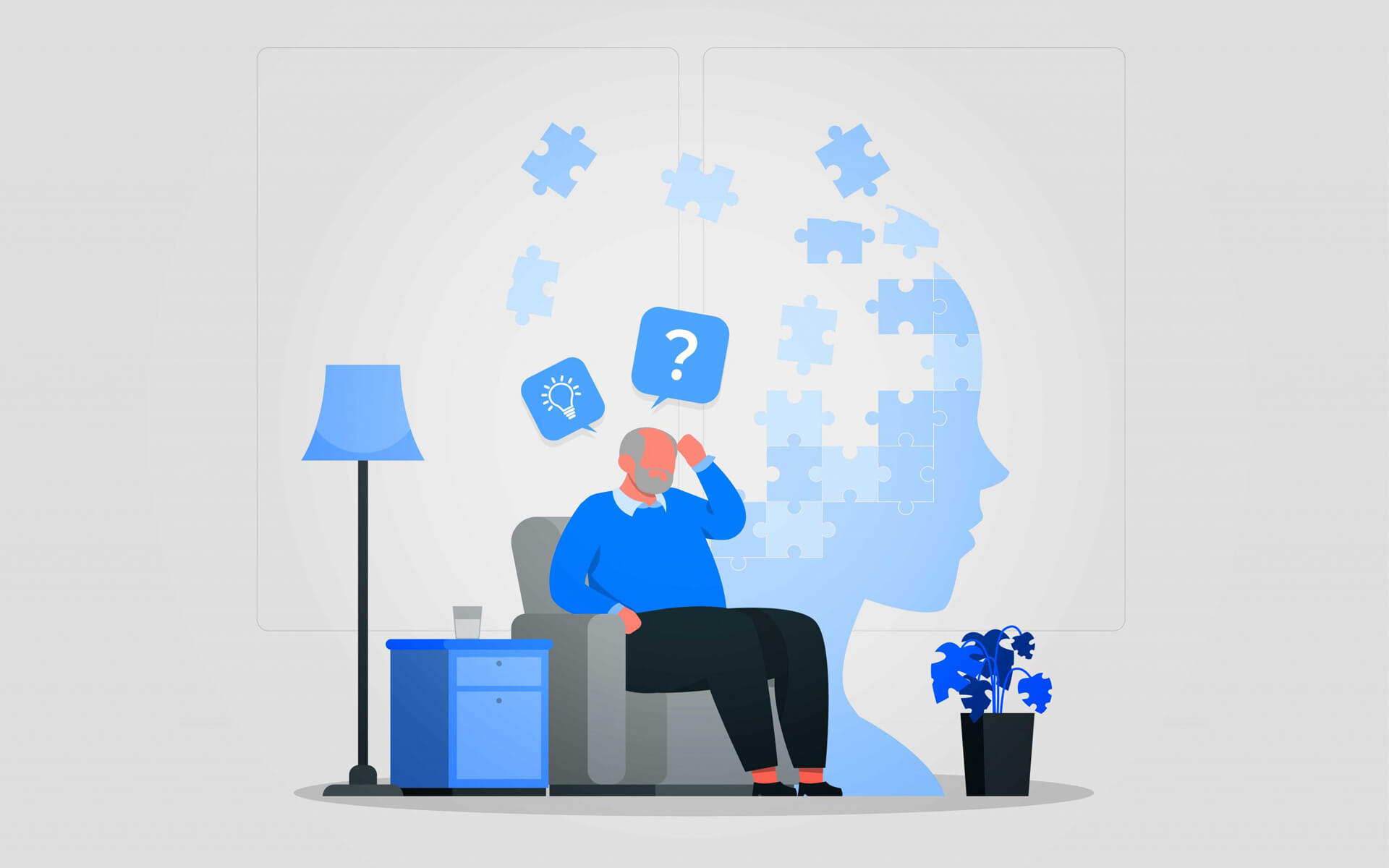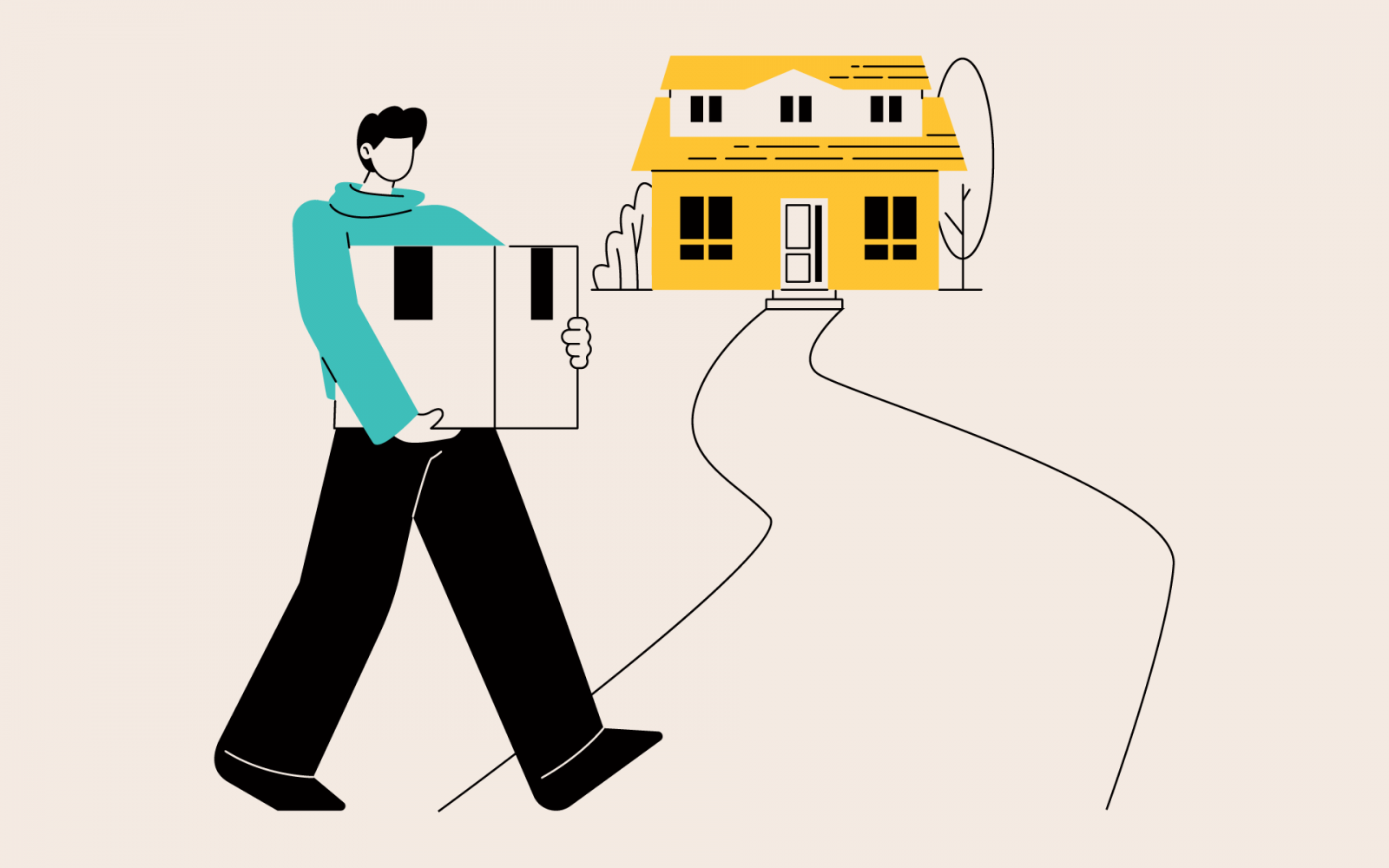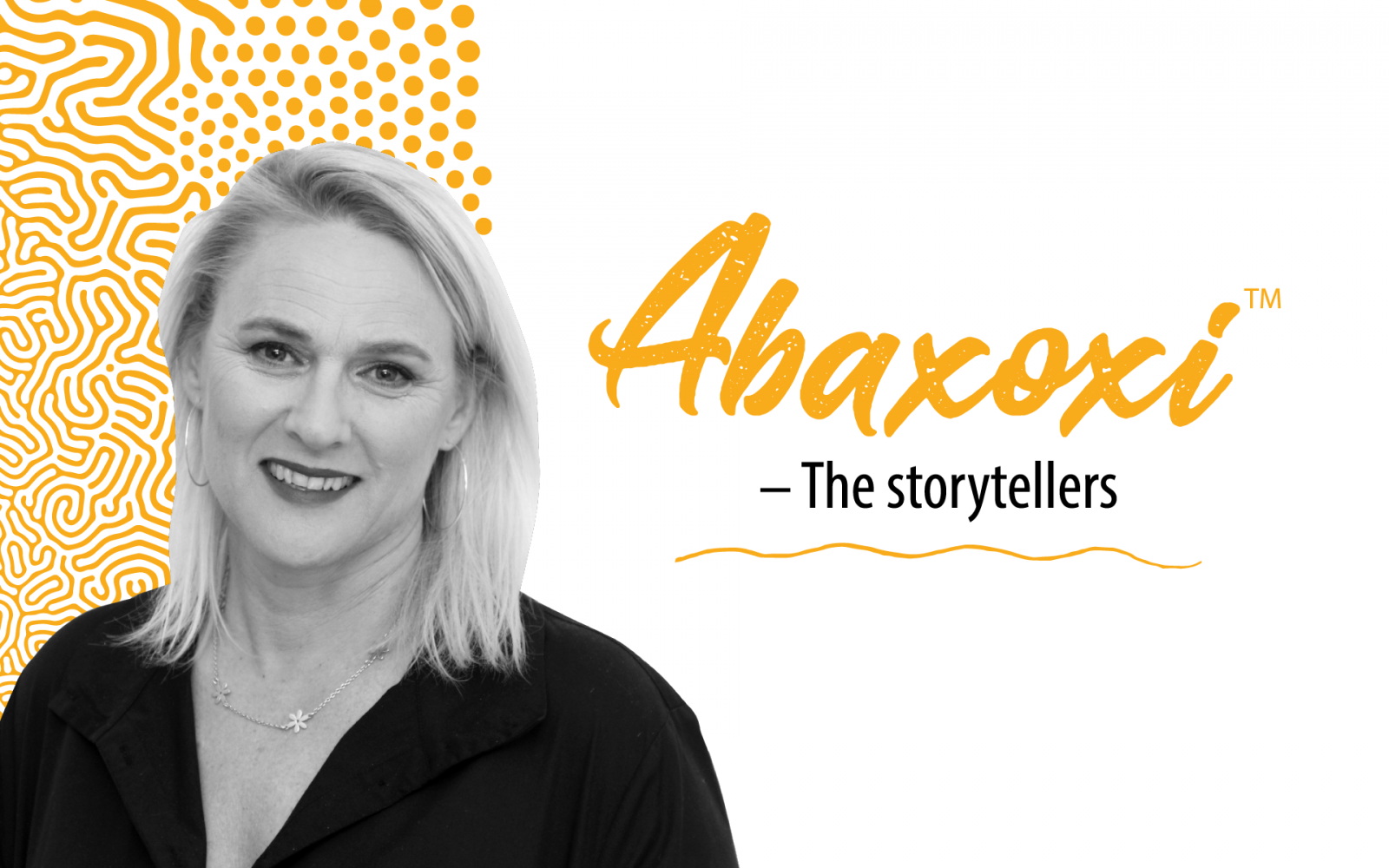Has anyone seen my phone, or I am just getting old?

Everyone ages as they get older. Here’s how to do it better.
Everyone ages as they get older. Here’s how to do it better.
I’m not sure when I noticed that my cognitive ability had started to decline. Maybe it was a few months before I turned 50 and I arrived home, opened the gate, and nearly had a heart attack because my car wasn’t in the driveway.
My car’s been stolen, I panicked, before realising I was actually in my car.
Or perhaps it was a few months later when my phone went missing. After a frantic search for it, I called my wife to see if she’d seen it. I called her using the phone I was looking for. (She suggested places to look; unfortunately, “in your hand” wasn’t one of them..)
When I finish a book, I can turn to page one and start again. My reading life has become, um, what’s the name of the movie where whatchamacallit lives the same day over and over again?
I had an excellent memory. I could remember names, telephone numbers, birthdays (without Facebook reminders), and even movie titles like Groundhog Day, but if I had a rand every time, I lost my keys I’d be richer than Elon Musk.
I walk into a room and can’t remember why I am there (usually it’s trying to find my keys) so I have to wonder if my brain has started to slow down.
Unfortunately, scientists confirm that it is. Actually, it hasn’t started to slow down, it’s been slowing down for a while. Studies suggest our grey matter begins to decline as early as age 30.
As we get older, we become grey and wrinkly, and reaching for the TV remote too quickly can throw out our back.
It’s not only our body that feels the aches of ageing. Getting older takes a toll on our brains too. Functions like memory, processing speed, problem-solving and spatial awareness deteriorate, and it becomes more difficult to focus and multitask.
According to research by the Columbia Mailman School of Public Health, our cognitive processing becomes slower when we age because of shrinkage in the areas of our brain responsible for cognitive functions and processing – our frontal lobe, hippocampus, and white matter, a vast, intertwining system of neural connections.
Our brain, an engineering marvel, is our central processing unit (CPU). Hans Morvec, a scientist at the Robotics Institute of Carnegie Mellon University, suggests its processing power is roughly 100-trillion calculations a second.
Although we may not be able to restore it to factory settings, we can refresh it to keep it from becoming obsolete.
Here are some proactive steps you can take to maintain cognitive fitness and keep your brain sharp, healthy, and firing on all cylinders.
Sweat:
Exercise, cardio, and strength training, stimulates the brain’s ability to maintain old connections and make new ones. Research at the University of Miami found that regular, moderate physical activity slowed brain ageing by up to 10 years.
… But not the small stuff:
Stress can make your brain release cortisol, a hormone that can inhibit your memory. In a University of California study, people older than 55 who did weekly hour-long yoga sessions and meditated daily for 12 weeks reduced their stress levels and saw an improvement in memory.
Train your brain:
Learning new things may help build and fortify the neural connections that can slow brain ageing. According to Harvard Medical School researchers, challenging your brain can help maintain individual brain cells and stimulate communication among them.
Write your memoirs, learn a new language, play the piano, and solve crosswords and Sudokus. The more challenging it is, the better for your brain.
Face the music:
Music can help you feel more alert, and it can boost your memory and mood. The reason, according to WebMD, is that there is maths to music, and your brain has to work to make sense of this structure.
Eat right:
Want to sharpen your cognitive function, improve your wellbeing, and cut your risk of Alzheimer’s? Try a Mediterranean diet. That’s the advice from Dr Richard Isaacson, a brain health specialist at the McKnight Brain Research Foundation. This diet consists of fruits, vegetables, whole grains, lean meats, fish, poultry, and low-fat or non-fat dairy products.




